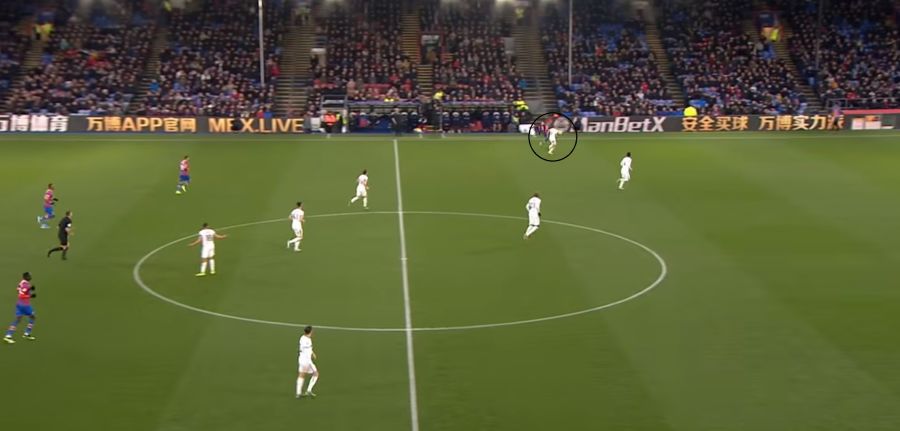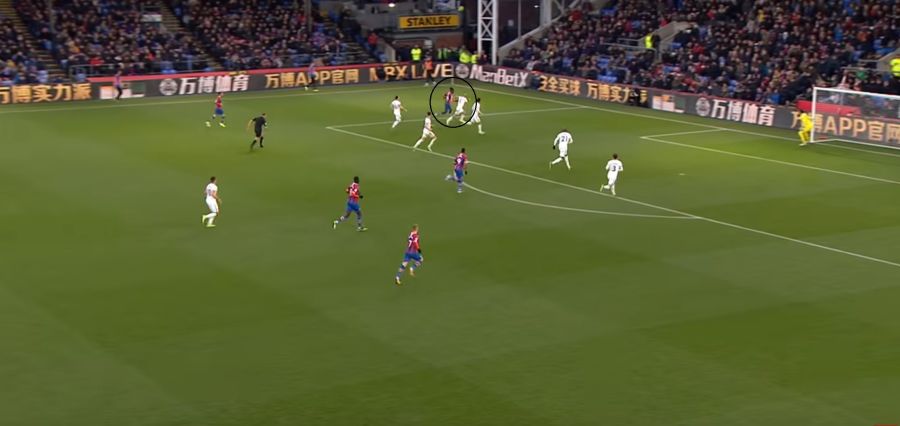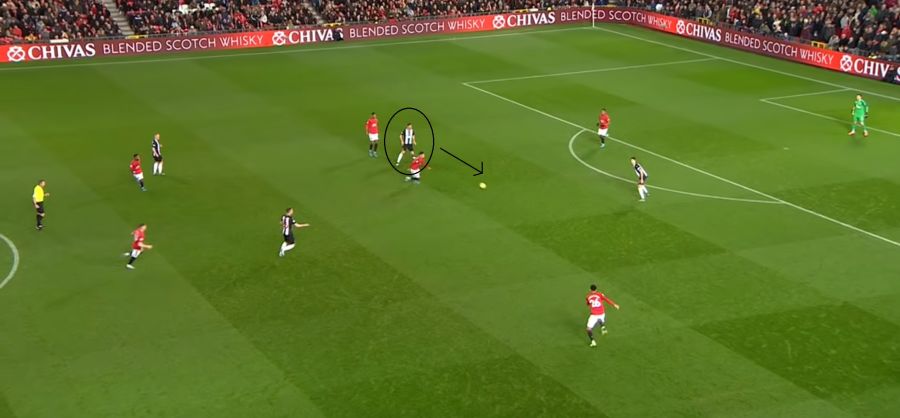Football is too complex to exist with the current statistical limitations we work within, and there are many innovators out there attempting to increase our understanding, as well as our evaluation of players and teams.
Expected goals has been the most recent definition to infect the consciousness, and while those invested in it still have some work to do in order to ensure it becomes a properly mainstream metric for football it is, at least, a start.
But Opta are already moving forwards and are presenting Possession Value (PV) as one of the next key definers of how a player contributes to a team's probability of scoring goals.
Right. So what is it, then?
POSSESSION VALUE, DEFINED
Possession Value assigns credit to players based on positive and negative contributions around key on-the-ball events.
Positive and negative, for most key actions, are easy to define; a goal v a miss, a completed pass versus an incomplete pass. But that is to simplify the huge numbers of actions that each player undertakes in a game. PV looks to give more unclear actions their own value - positive, or negative.
If we look at every action a player makes rather than those that are obvious and easily categorised, the shades of grey either side of binary actions can be incorporated into a player's profile and, hopefully, give credit (or not) to players whose actions are more modular than defining.
Currently midfielders gain credit for pass completion rates, or for progressing the ball regularly into the final third, but the singular value of those events in terms of a team's ability to score is largely unrecorded. Passes, and forward passes, are one thing, but are they actively contributing to the potency of the offensive play?
Why using Expected Goals kills the concept of a 'clinical' strikerRead More
And so can we reward players for contributing to a move that leads to a goal even if their involvement in it was anything but direct and clear, but still played a role?
Well, emerging from an Expected Possession Value first used in basketball, PV measures the probability that a team will score from their possession.
CALCULATING PV MUST BE DIFFICULT, NO?
There's a good reason it hasn't sufficiently existed in football before now and that is because in a sport like basketball, five v five on a smaller court, it is far easier to place a percentage of success on a team's attack. It's much more difficult in football when a phase could last as long as it takes to get the ball to the other goal.
What's more, xG and xA cover off actions that directly involve chance creation. But any actions further back in the move, like a defence-splitting pass, a long carry, or a fantastic dribble, receive little or no statistical credit.
What Opta do is take the series of actions that are catalogued in the build-up to an attack and compares it to historical data. This shows the likelihood of a goal being scored from that type of action in that area of the pitch. Of course, the closer to the goal the action takes place, the more likely it will result in a goal. But this way, each action gets a value.
EXAMPLE

In the above image taken from the recent Crystal Palace v West Ham match, Wilfried Zaha collects the ball on the touchline and drives towards goal, moving the play forward 30 yards while dribbling past two defenders.

He plays a low cross into the danger area that doesn't find one of his team-mates, but Max Meyer collects at the back post and feeds Andre Ayew, who skews his shot wide of the target. Both Meyer and Ayew are given xA and xG values for their actions respectively. Zaha will receive a healthy +PV for his contribution in the build up. In the above image you can see how far he progressed the ball.
Then we have negative contributions. We'll take an obvious example, from Man Utd against Newcastle.

Here, Schar attempts to play a lateral pass to his defensive partner but gets it all wrong and it is intercepted by Mason Greenwood. Given the proximity to his own team's goal and the fact that possession was surrendered, Schar would incur a significant negative PV for this action.
CONCLUSION
Opta are continuing to work on Possession Value in order to refine the model and, in particular, the score attributed to each action. In the current standard understanding of statistics, some actions aren't being rewarded and therefore good players may be missed. PV may go some way to resolving this.
Here's an example of how PV could look in action, from Opta's Tom Worville:
Quick PV summary from yesterday's big'un. Birthday boy @GWijnaldum was a monster at retaining possession. Hendo's ball progression potentially underrated, that assist for Mané was drool-worthy pic.twitter.com/PSmj6tZz19
— Tom (@Worville) November 11, 2019
MORE READING: Opta blog on Possession Value

 Man Utd
Man Utd  Arsenal
Arsenal  Chelsea
Chelsea  Tottenham
Tottenham  Man City
Man City  Liverpool
Liverpool  Barcelona
Barcelona  Real Madrid
Real Madrid 


















